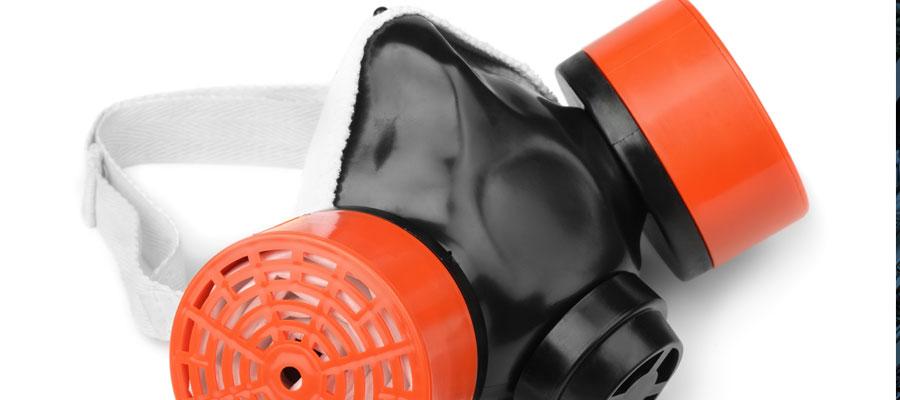Report: Reusable respirators viable way to protect health care workers

Reusable elastomeric respirators, rarely used in health care, are an effective and viable option for protecting health care workers from airborne contaminants or infectious agents, according to a report released today by the National Academies of Sciences, Engineering, and Medicine. Challenges to implementing them in health care include storage, disinfection and maintenance; training and education; user comfort and tolerability; and supply logistics and emergency stockpiling, the study committee said. The study calls for research on ways to enhance their design for health care; effective cleaning, disinfection and maintenance processes; and fit test and training methods. It also recommends including reusable respirators in respiratory protection curricula for health care professionals; harmonizing federal guidance and operating procedures for these respirators; and sharing best practices. The study was sponsored by the Centers for Disease Control and Prevention.

